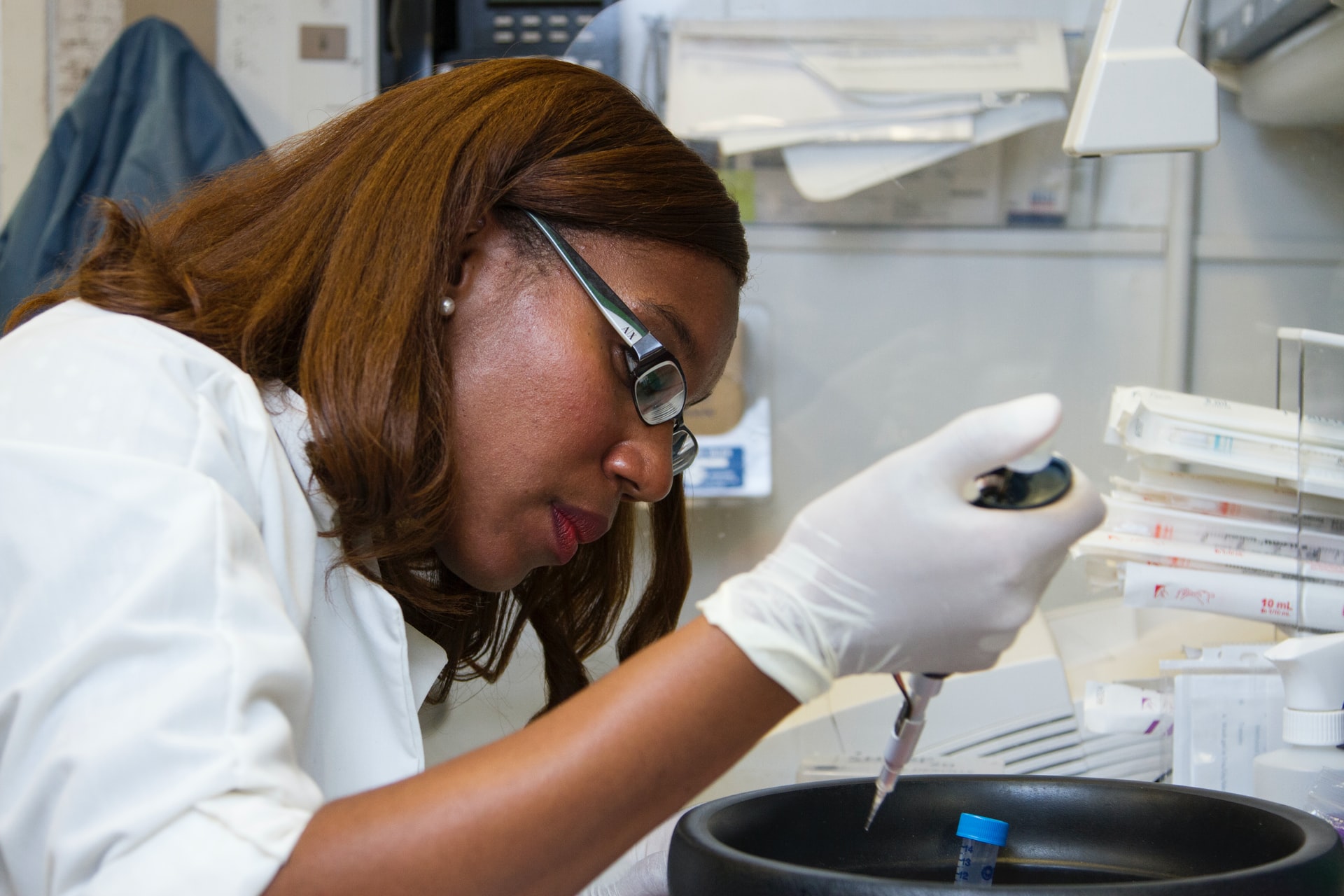
Omicron; What Do We Know?
Three major factors will determine the degree of the new Omicron strain of the Covid virus on the world. What is this new Covid variant’s transmissibility? How well does it evade the antibodies and T-cells that make up an individual’s immune system? What are the possibilities that it will cause a severe sickness that will force an infected individual to go to the hospital and potentially die?
Scientists cannot provide conclusive answers to these essential issues, despite data indicating that Omicron can create significant disruption.
Where has the virus been detected?

According to the World Health Organization, the Omicron type has already been found in 38 countries, albeit no deaths have been reported in any of them. The United States and Australia are the latest countries to confirm cases of the variation that were locally transmitted rather than imported. In England, 75 new cases of the Covid-19 Omicron variant were discovered, bringing the total number of confirmed cases to 104.
Many countries that were already dealing with a surge in Covid-19 cases due to the Delta variant have implemented further lockdown measures and travel restrictions due to Omicron.
What is the rate of propagation of the variant?
Omicron has expanded quickly in South Africa, alarming researchers throughout the world. The country reported 8,561 cases on December 1st, compared to 3,402 cases on November 26th. Mid-November had reported only a few hundred cases.
Over the same period, Omicron can infect three to six times as many persons as Delta. When the Delta variety first emerged in the UK, case counts quadrupled every five days.
How easy is the variation to get past the body’s anti-virus defenses?
On this subject, scientists are unanimous. Omicron appears to have the edge over other variations in overcoming the immune system. Omicron has a larger chance of reinfecting those who have already been infected with Covid-19 and have had some protection against it.
That is pretty obvious, and it was predicted based on the mutational changes we found in its protein structure. Antibodies find it more difficult to neutralize the virus due to these factors.
There’s no way of knowing how this immune evasion happens, although it’s likely due to diminished antibody binding to Omicron’s altered spike protein.
However, reduced T-cell immunity cannot be ruled out as a contributing factor.

How would vaccines fare against the variation if the power of past infection to protect people is reduced?
While scientists’ replies to prior questions were mixed, the majority are more optimistic about the ability of vaccines to protect humans from Omicron. It’s quite improbable that this mutation will avoid immunizations. The vaccinations we have are surprisingly efficient against various variations. Still, additional lab and real-world data are needed to establish the level of protection provided to those vaccinated.
How likely is it that an Omicron infection will result in hospitalization or death?
Because Omicron has been discovered recently, the evaluation of its ability to cause major sickness is the most difficult question to answer. Early evidence, on the other hand, provides some reason for optimism. The quantity of Omicron infections does not appear to be translating into hospitalization rates at this time, as we would predict with equivalent numbers of Alpha or other variations.
Even if this reduction in serious risk is correct, the variant’s apparent ability to infect more people balances it out. High hospitalizations could still occur, putting strain on a country’s healthcare system.
Omicron circulation?
This variant has been circulating among youngsters for the previous few months since they are the ones who are largely unprotected. However, the variant’s profile could change, causing it to infect more elderly persons, who are more susceptible to severe illness from other variants. The logic is simple to understand. If the variation can elude the immune response of young people, the elderly will have less built-up protection due to high levels of vaccination paired with spontaneous infection. That is a major concern.
Even before Omicron, we were concerned that an increase in patients might cause the health system to become overburdened. It was so well-balanced. Furthermore, there is still a chance that major seasonal flu can resurface, putting further strain on hospitals. As a result, any shift in transmissibility, changing age profiles, vaccine evasion, or more severe disease will put us in a more difficult situation. Let us know in the comments what do you think about the new variant…
You May Also Like

The Strangest Planets In The Universe (Part 2)
2021-07-20
Memory: How Information Is Stored, Retained And Retrieved
2021-12-19



One Comment
Pingback: